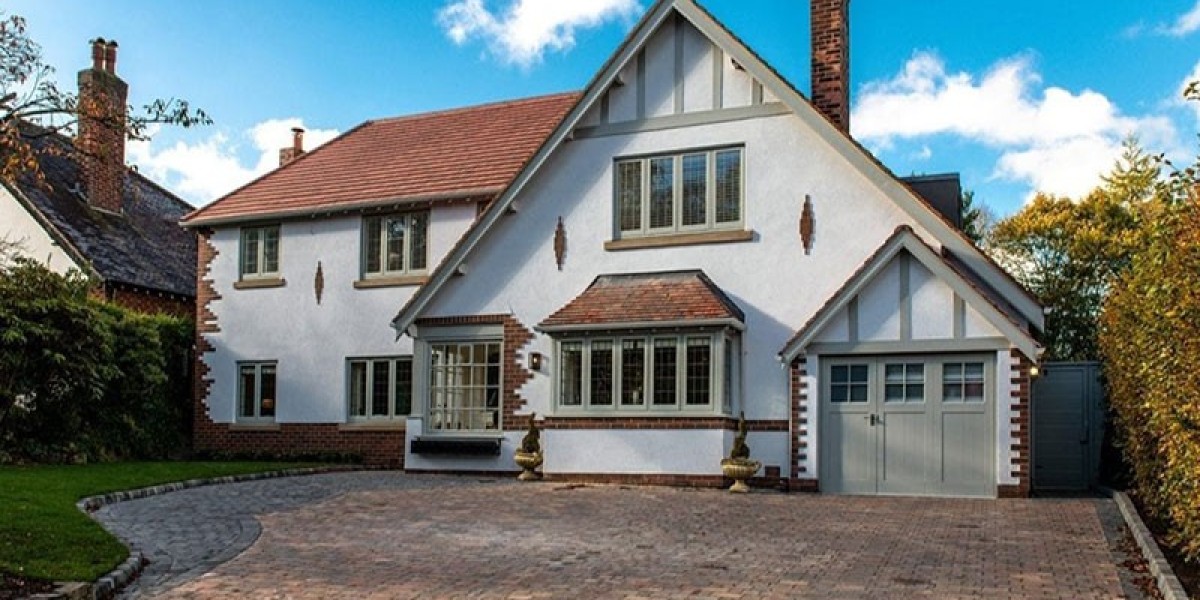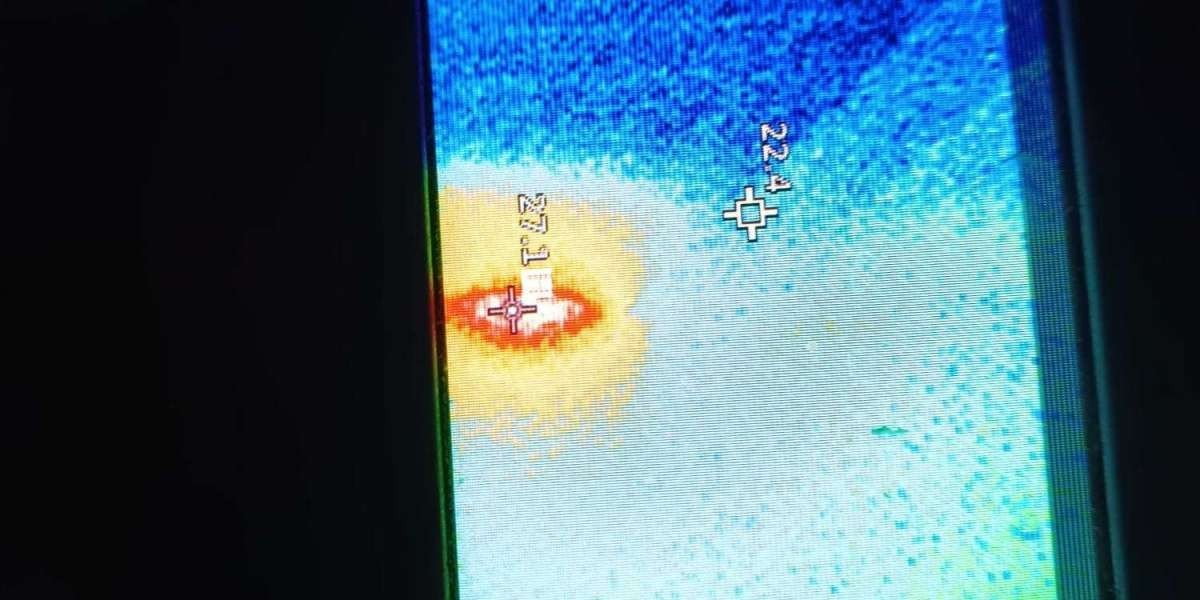Closing costs are additional charges that you pay at the conclusion of a real estate deal to ensure that your home purchase is legal. In most cases, they are between 2% and 5% of the home’s sale price. As an illustration, for a $300,000 home, you may spend between $6,000 and $15,000 as closing costs. The trick to not getting surprised and keeping your budget in check is to pre-estimate how much you are going to need.
People most often, who do not work in the field, when they hear the term "estimating major expenses", immediately see a construction cost estimator who calculates materials and labor for a project. In essence, closing costs can likewise be estimated just like other costs, i.e., one arrives at the closing costs total after adding up multiple smaller fees, taxes, and lender charges. Moreover, if you are well acquainted with the process, your cost will be very close to your prediction before you sign the last documents.
What Are Closing Costs?
Closing costs are a name given to a group of charges and fees for the purpose of officially changing the ownership of a property from the seller to the buyer. The money goes for professional services, government recording, and lender administration.
Who Pays Closing Costs?
Generally, buyers are the ones who pay lender fees, appraisal fees, title insurance, and escrow deposits.
Agent commissions are usually covered by sellers, and they may also pay property taxes or give credits that have been agreed upon.
Average Range of Closing Costs
Close to 90% of the homebuyers in the U.S. can figure that the amount of money they will need as closing costs will be 2%–5% of the home's value. The reason for such a wide range is the fact that the levels in various loan types, areas, and lenders differ.
Home Price | Low Estimate (2%) | High Estimate (5%) |
$200,000 | $4,000 | $10,000 |
$300,000 | $6,000 | $15,000 |
$500,000 | $10,000 | $25,000 |
If you don't have exact numbers on you, using a rule of thumb is an almost effortless way to get a good idea of the probable costs of the entire process. Eventually, you will update this approximation with real figures coming from your lender.
Key Components of Closing Costs
When you notice the primary factors, it is easier to make a budget and know where your funds are spent.
Lender Fees
Lender fees comprise the loan origination fee, underwriting fee, and credit report fee. The lender fees are in the range of 0.5%–1% of the loan sum.
Third-Party Fees
Paying for the services of appraisers, inspectors, and title companies is part of the third-party fees. Title search and title insurance are two protective mechanisms against disputes over property ownership.
Government Fees and Taxes
This money can be for state and county differences. Recording fees are for ensuring that the transaction is officially documented, while transfer taxes are a certain percentage of the property value.
Prepaid Expenses
Prepaids are to be made for property taxes, homeowners' insurance, and prepaid interest. These are not exactly fees; instead, they are advance payments to set up your mortgage and escrow account.







